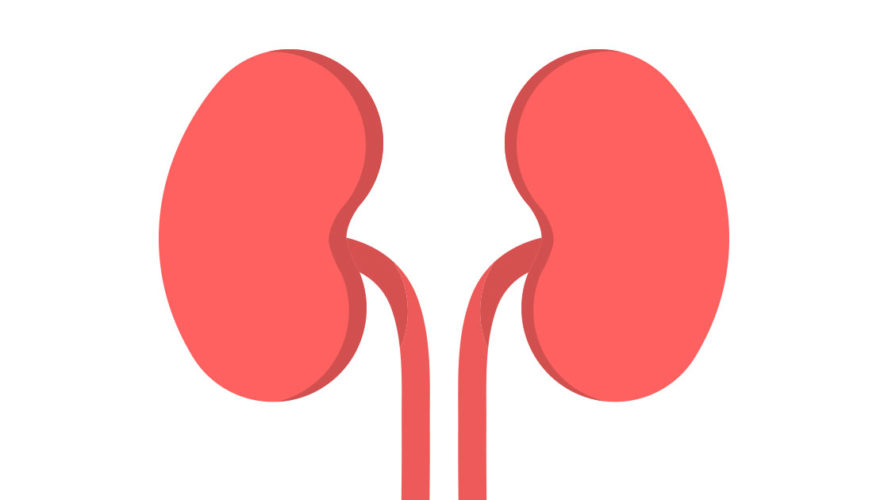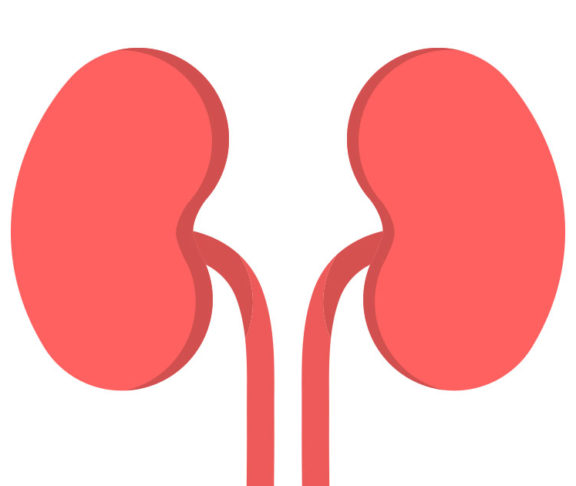Too few adults in America are aware that 1 in 3 people with diabetes or high blood pressure are at risk of developing chronic kidney disease (CKD), a progressive and serious illness that does not have a cure.

Joseph Vassalotti, M.D.
Chief Medical Officer, The National Kidney Foundation
Fewer still understand that though CKD can damage their kidneys to the point of kidney failure, CKD is also destructive to the heart and blood vessels.
Heart attack and stroke risk rise with each stage of kidney disease like the bend of a hockey stick. The heart and kidneys are so interconnected that if we can slow or stop CKD from getting worse, we can also reduce cardiovascular risk.
Most adults know that they should have an annual blood test for cholesterol levels. Blood pressure tests are so common that even grocery stores have a free automated cuff to offer anyone with about 60 seconds to spare. But many people don’t know that the two simple and inexpensive blood and urine tests for kidney health might be just as good, if not a better predictor of cardiovascular disease.
Kidney health tests
A urine test called albumin-to-creatinine ratio, also known as uACR, is a simple, inexpensive, and non-invasive test that can be completed as part of a clinician visit or a brief trip to a clinical laboratory. Albumin is a type of protein in your blood, but it isn’t usually found in urine. Having too much albumin or protein in your urine may mean that your kidneys are damaged, allowing protein to leak through.
The estimated glomerular filtration rate (eGFR) is a blood test to measure the natural waste product called creatinine in your blood. Creatinine mostly comes from muscle and food. When the kidneys don’t filter the blood normally, the creatinine level in the blood runs higher.
These two tests determine if someone has kidney disease and show how severe it is.
The combination of all four of these tests — the eGFR, the uACR, cholesterol, and blood pressure — gives us a measure of a patient’s cardiovascular and kidney health and helps determine the best course of treatment.
Take a minute for your kidneys
Therefore, we want every adult in the nation to be as familiar with the two kidney health tests, eGFR and uACR, also called the Kidney Profile, as they are with cholesterol and blood pressure tests. We want each adult at risk for diabetes and/or high blood pressure to feel comfortable asking their doctors about these kidney health tests, too.
In addition to diabetes and high blood pressure, pre-existing heart disease or having someone in your family who has kidney disease can put you in the 33% of adults in America who are at the greatest risk of kidney disease. There is a quick online quiz at MinuteForYourKidneys.org to see if you fall in the 33%, or you can speak to your doctor at your next appointment to learn more.
With just a few inexpensive annual tests, you can take control of your own kidney health and work with your clinicians to reduce your risk of heart disease.

